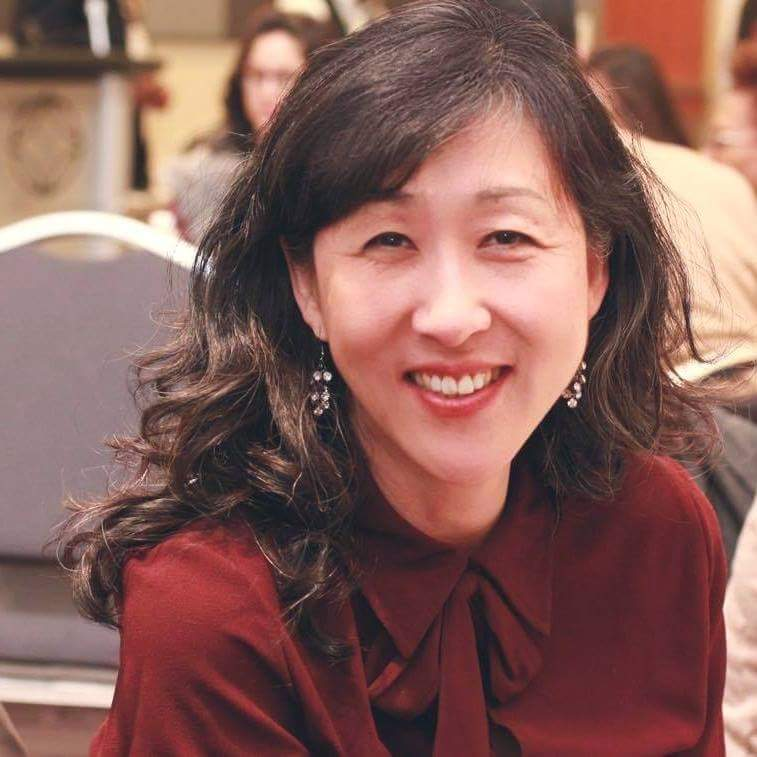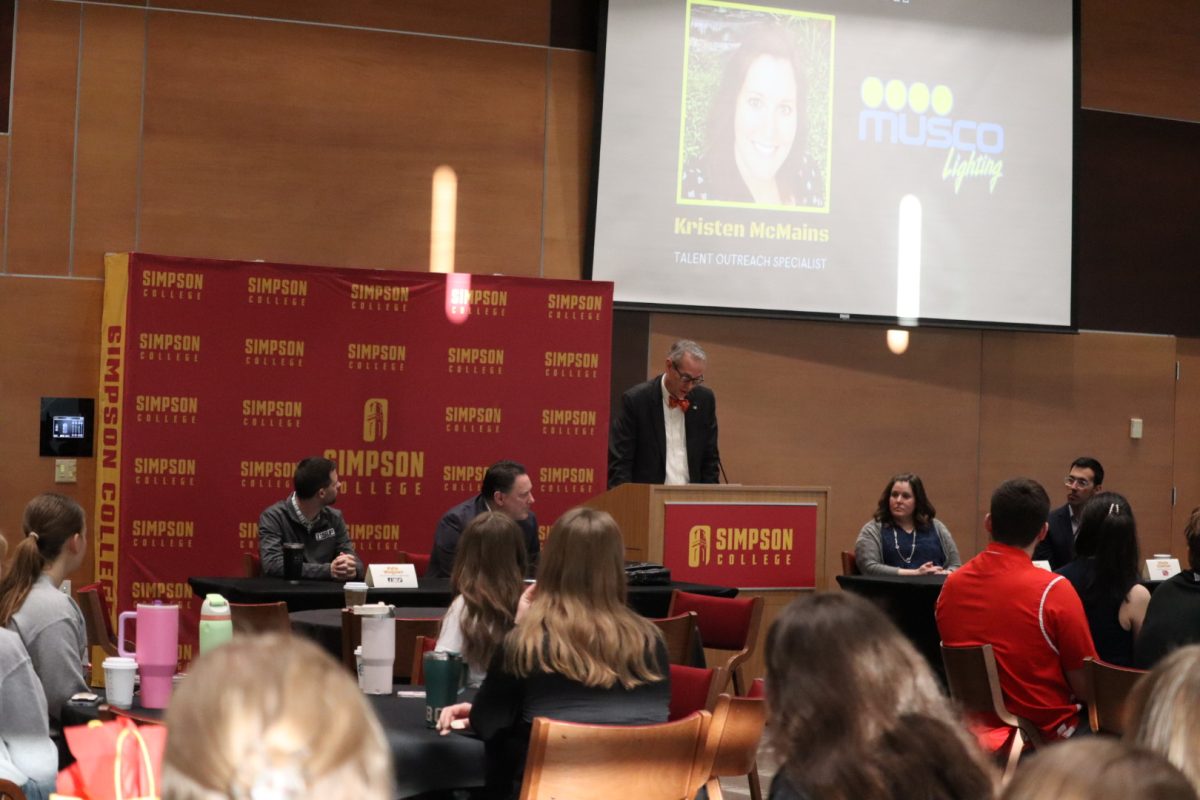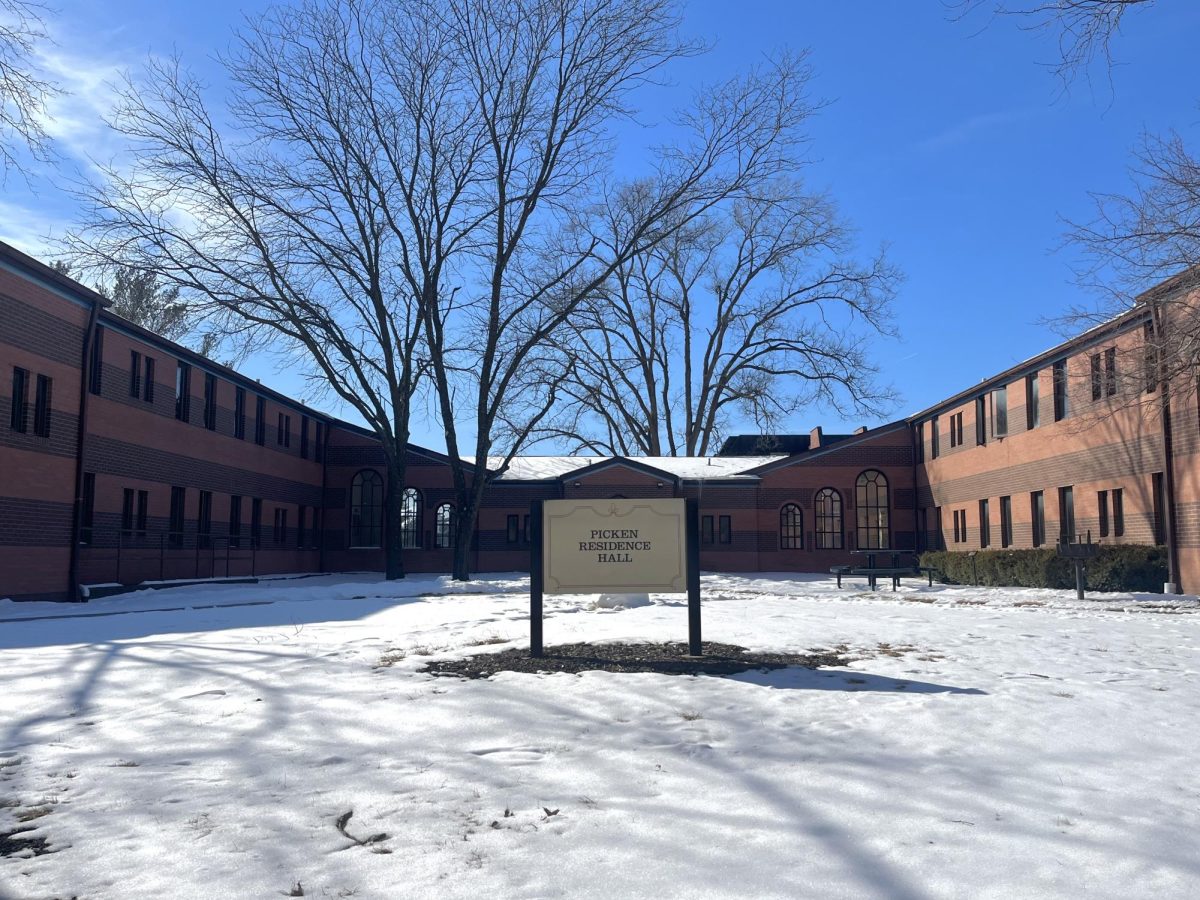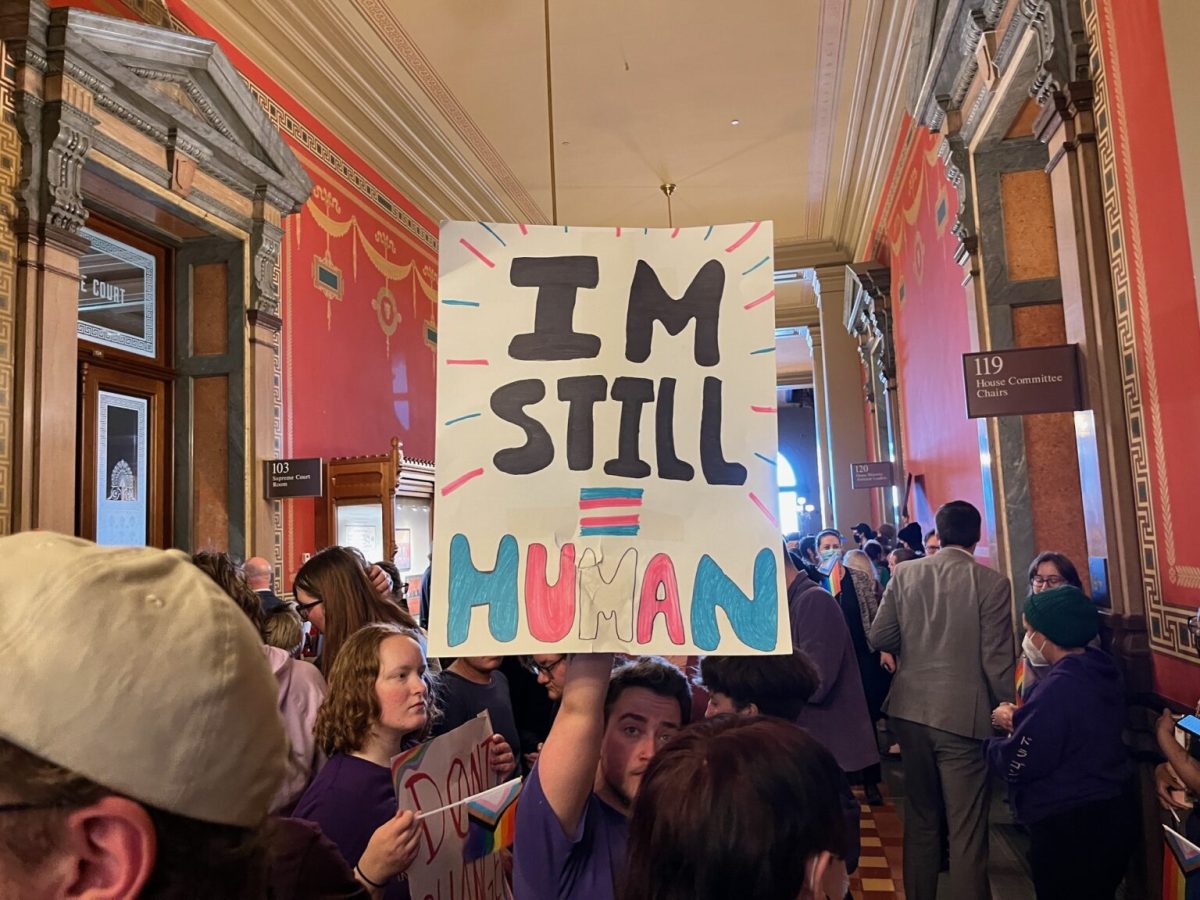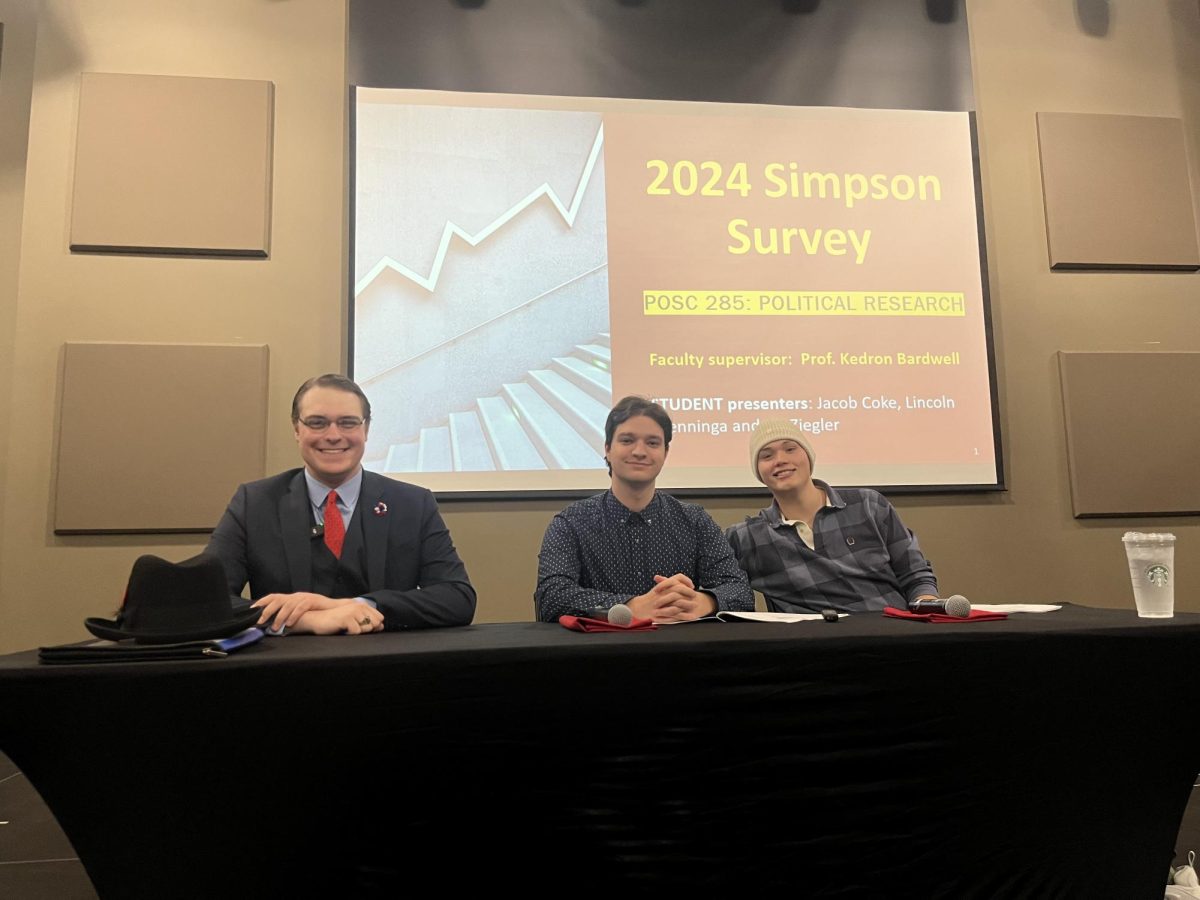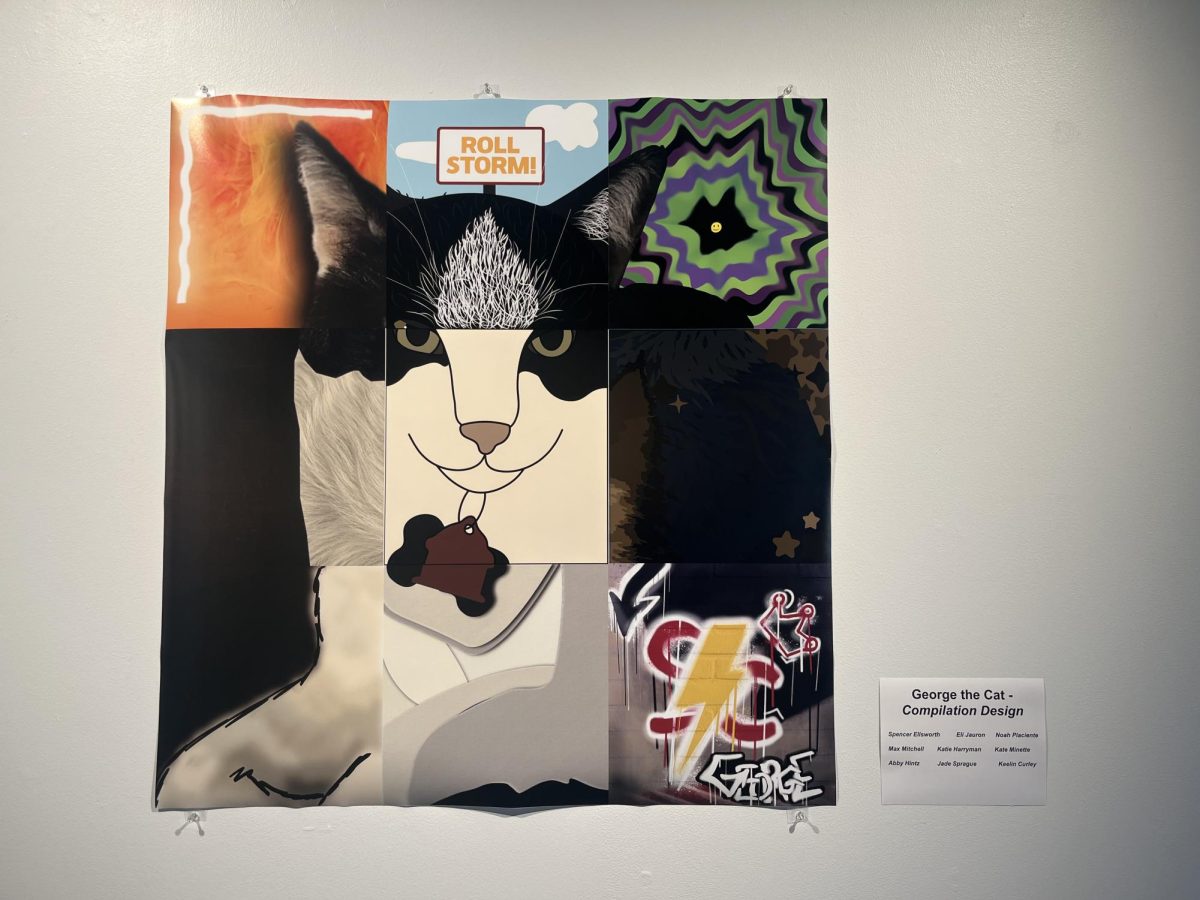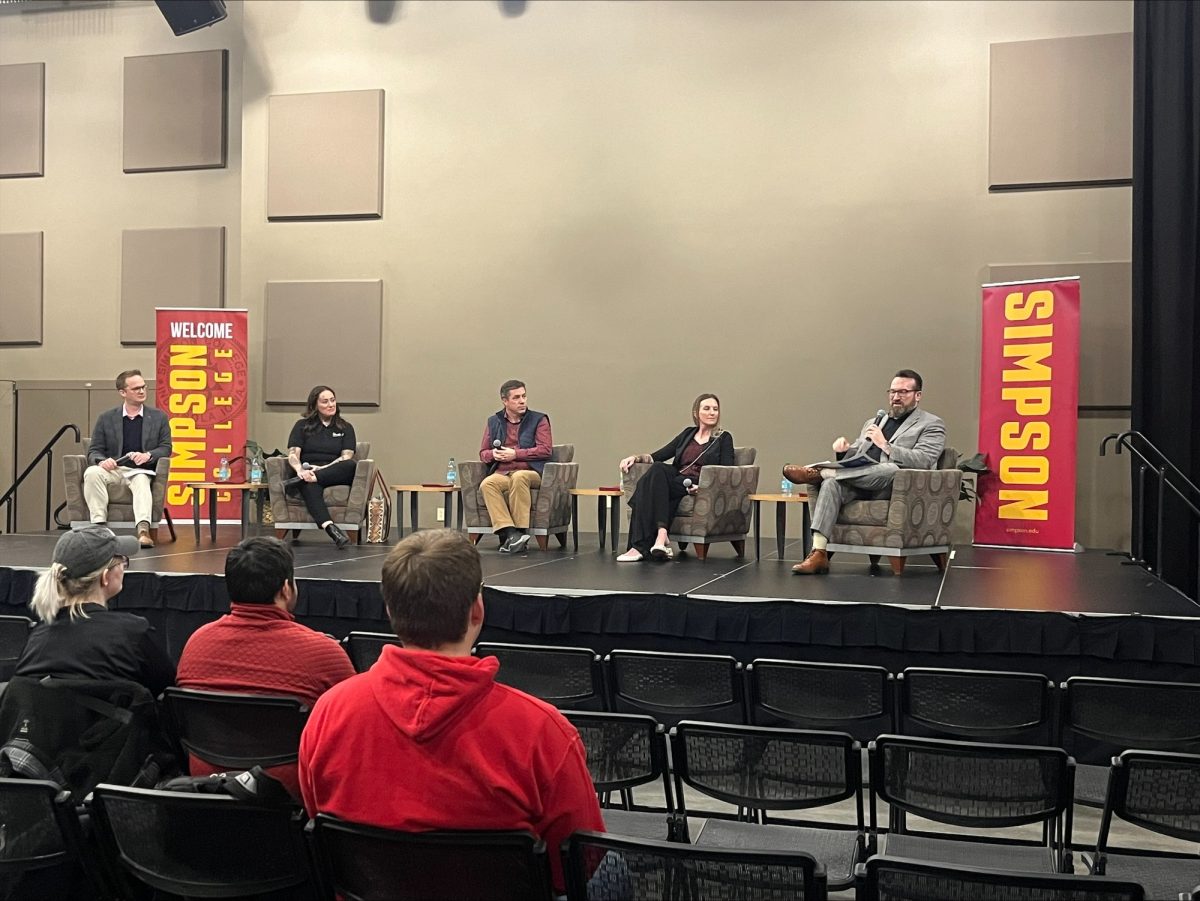Simpson College hosted the 44th Matthew Simpson Lecture this past Thursday with Dr. Grace Ji-Sun Kim as the guest speaker.
Professors Roger Betsworth and Bruce Haddox founded the first event in 1980. With assistance from the dean for academic affairs, Mel Henderson, the lecture program was granted a $500 operating budget, and the two professors were able to invite their first speaker, Dr. Stanley Hauerwas.
In 2013, several donations inaugurated the Matthew Simpson Lecture Endowment Fund to help ensure the annual lecture was top quality.
The goal of the Matthew Simpson Lecture is to expose Simpson students to innovators in religion, biblical studies, and social ethics.
Dr. Grace Ji-Sun Kim is a professor of theology at the Earlham School of Religion and received her Ph.D. from the University of Toronto. She is the author and/or editor of 24 books and is currently a member of the working group on Climate Change for the World Council of Churches.
Her lecture was based on her most recent publication, “When God Became White.” The focus of the book is racism and the power struggle that comes within the system that is built upon this racism.
“Why is there still so much racism and sexism within our society? That’s how I began writing the book,” Kim said.
Kim’s inspiration for writing this book comes from her time as a kid when she was first exposed to racial discrimination within society. In her speech, she refers to race being used as a means for separating people so those in power stay in power.
“In 2004, when I immigrated to the U.S., I became a person of color. Everyone started calling me a person of color. These labels are used to differentiate people and put them in their place,” Kim said.
She used historical context to support her opinion and referenced Black people from Africa before they came to the U.S.
“Africans in Africa never thought of themselves as Black until they came to the U.S. and people told them they were Black,” Kim said.
Kim then used her own personal experience being an Asian woman to relate back to her point about race being used to differentiate people.
“When we are born in Asia, none of us think that we are yellow. We have to understand why these terms are being applied and how white people become the neutral category,” Kim said.
Kim further explained how these categories help benefit white people.
“If you are a person of color, you are moving away from the neutral category. The neutral racial stance is beneficial and powerful as it pits other racial identity groups as inferior,” Kim said.
Kim addressed the question of what white people can do to combat the term “whiteness” that she uses in her book.
“Becoming aware of the power that you hold and working towards giving up some of that power for other people. I think that will be a way to work towards a just society,” Kim said.
At the conclusion of the lecture, Kim wanted students to walk away with a positive perspective on everyone who surrounds them.
“This is a small world where we need to work together in harmony. We need to really work on love. Once you focus on love then we can build a just society where we try to eliminate racism and white supremacy,” Kim said.
Senior Bennett Wadstrom, who was in attendance for the lecture, gave his perspective on what he found interesting about the presentation.
“She pointed out that in Canada, she was visibly different according to race and that when she came to the U.S., she became a person of color. This stood out to me as it seems everywhere you go there is some type of social construct to separate people by race,” Wadstrom said.
Kim’s lecture served as a reminder to the Simpson community that we will always have more in common than we don’t.
Wadstrom commented on a point that really opened his mind when Kim referenced how people become minorities.
“She said nobody is born a minority instead that you become minoritized which was a really great point,” Wadstrom said.



